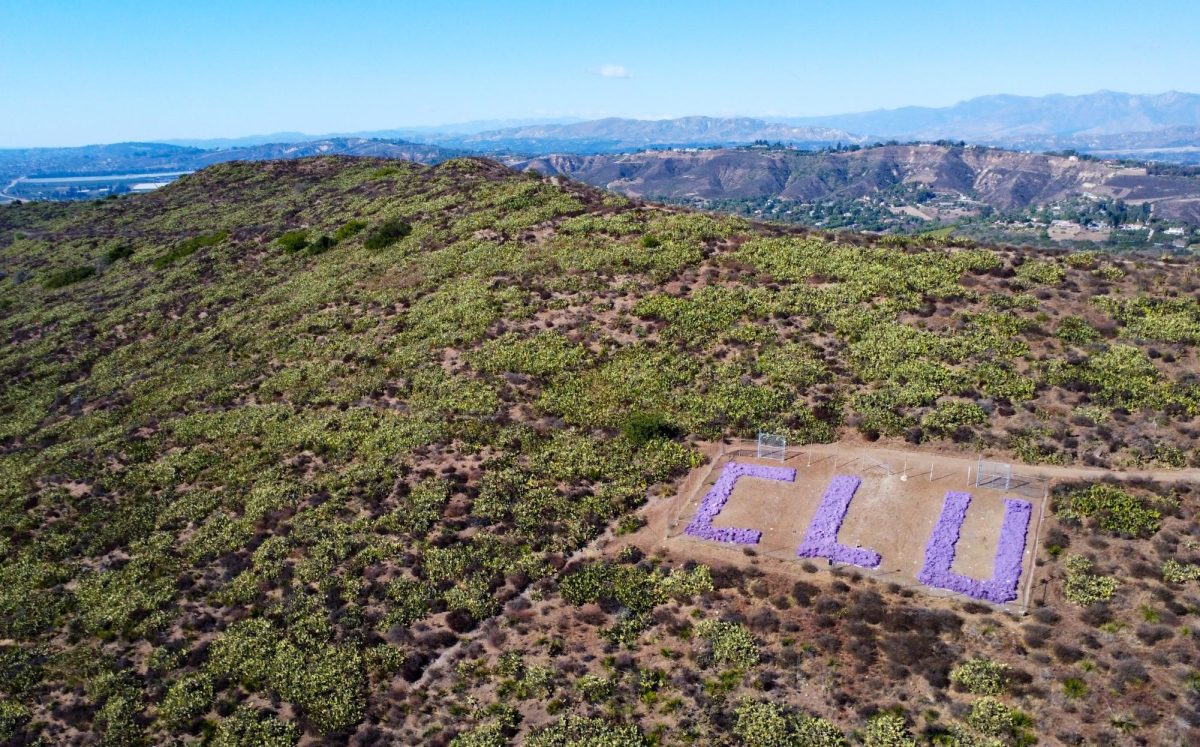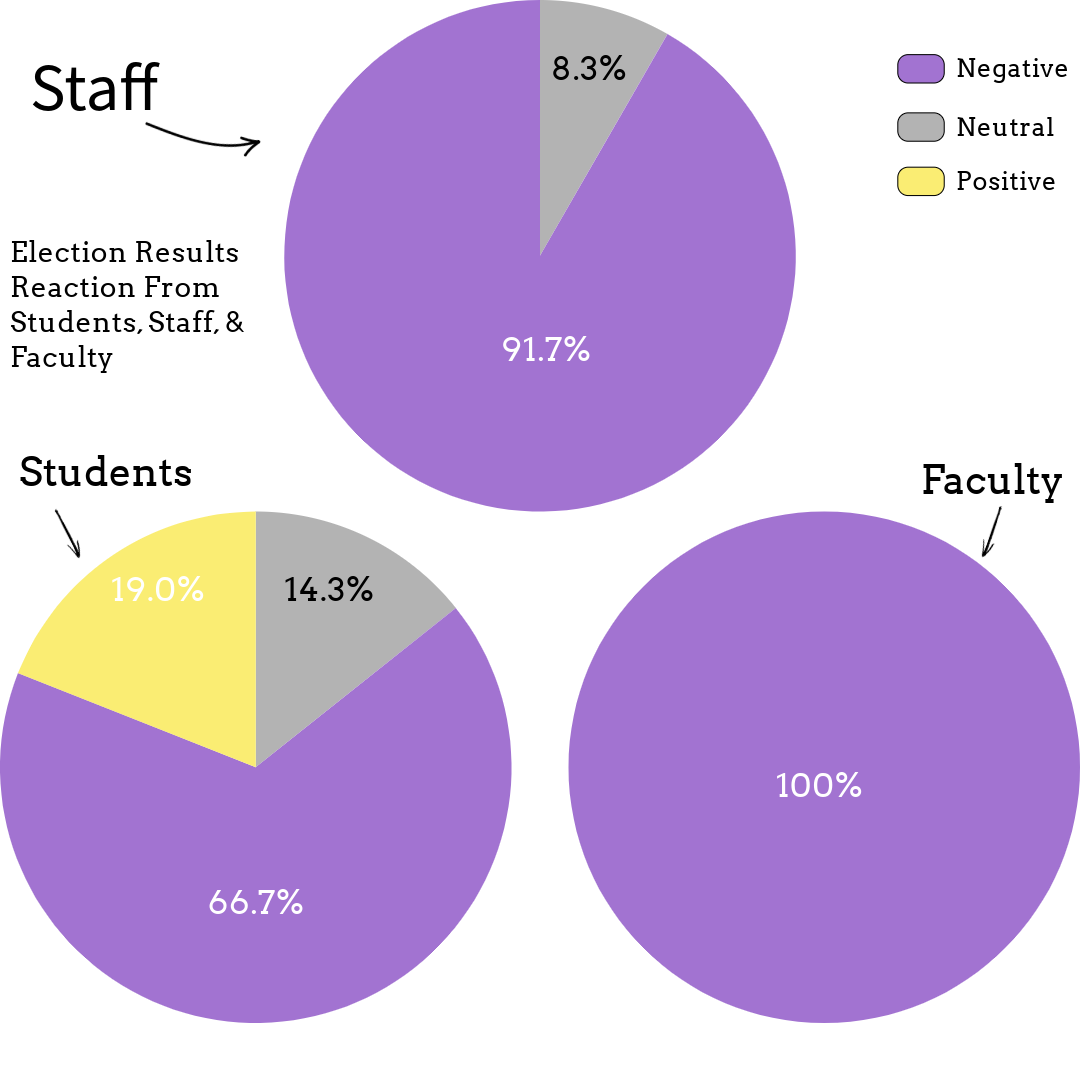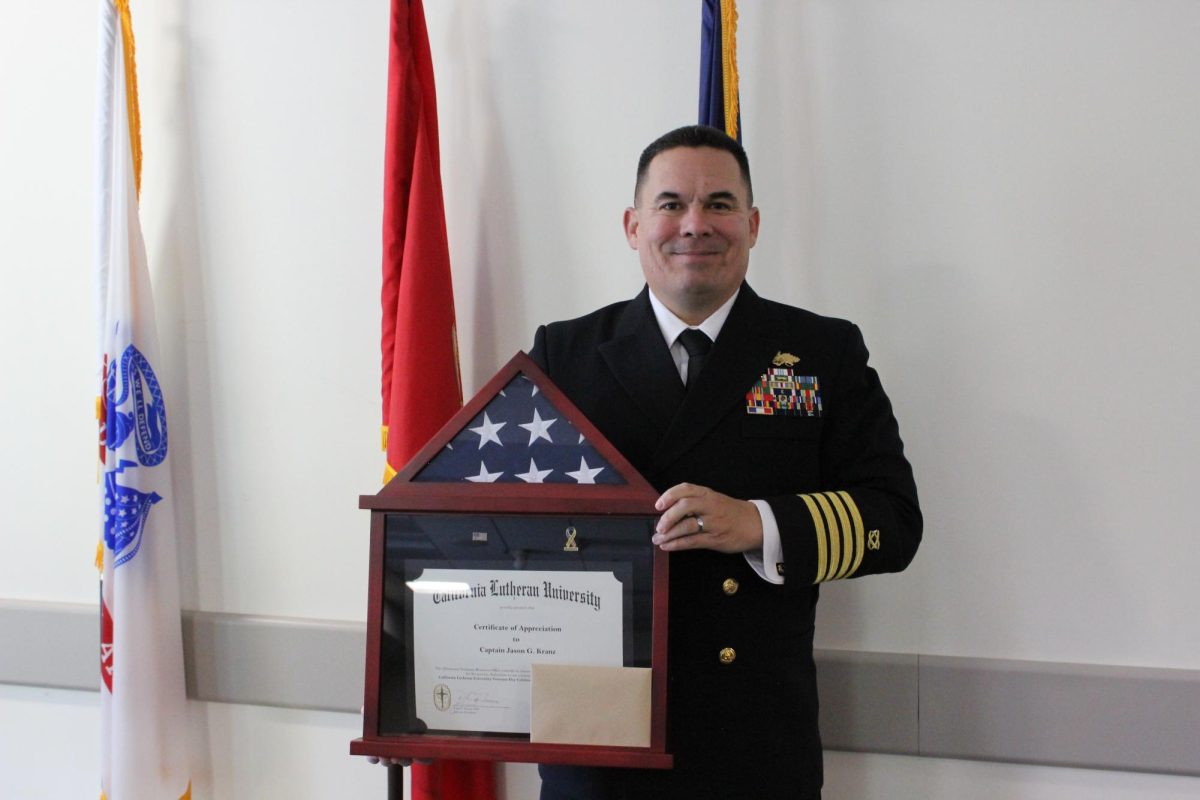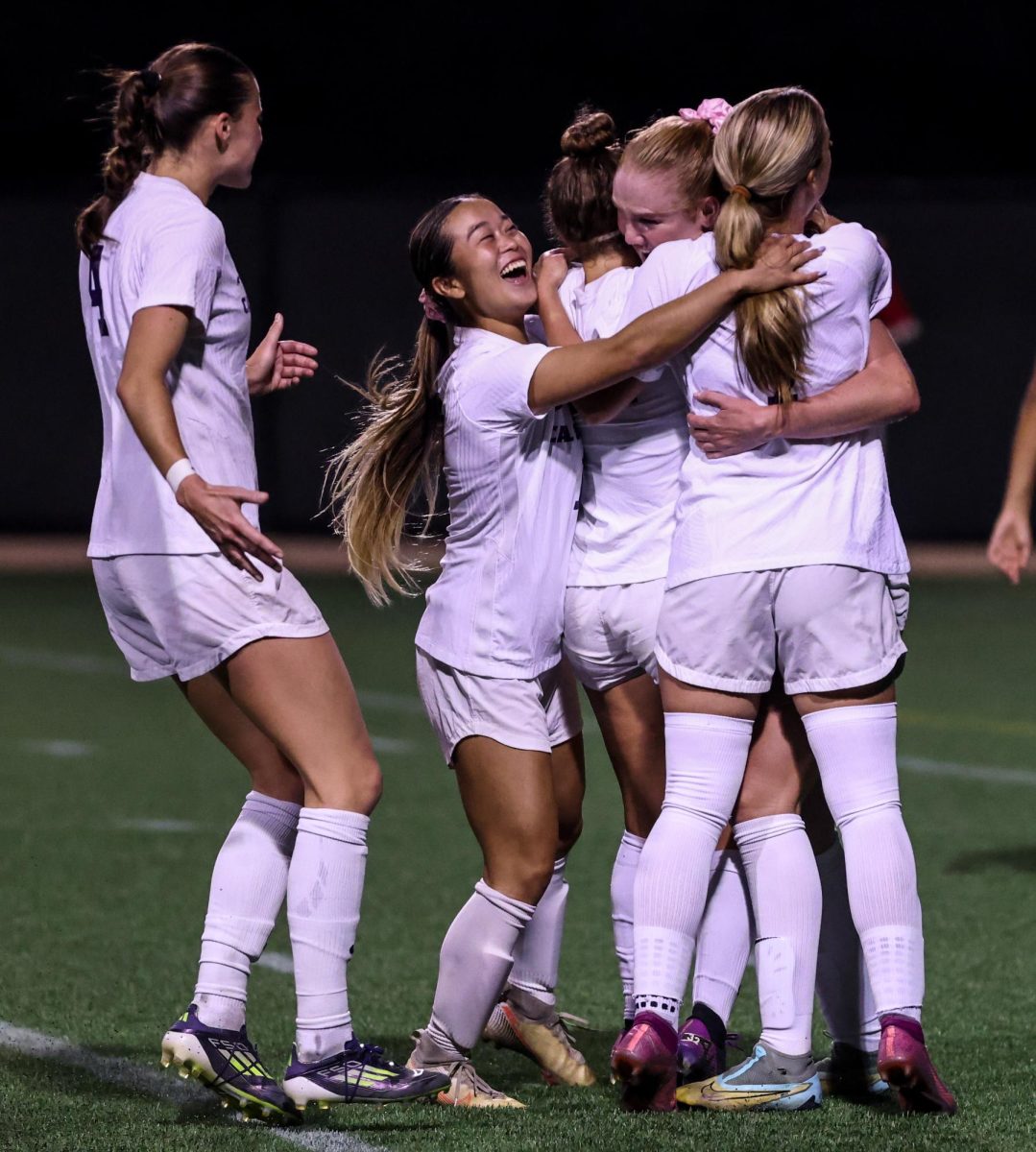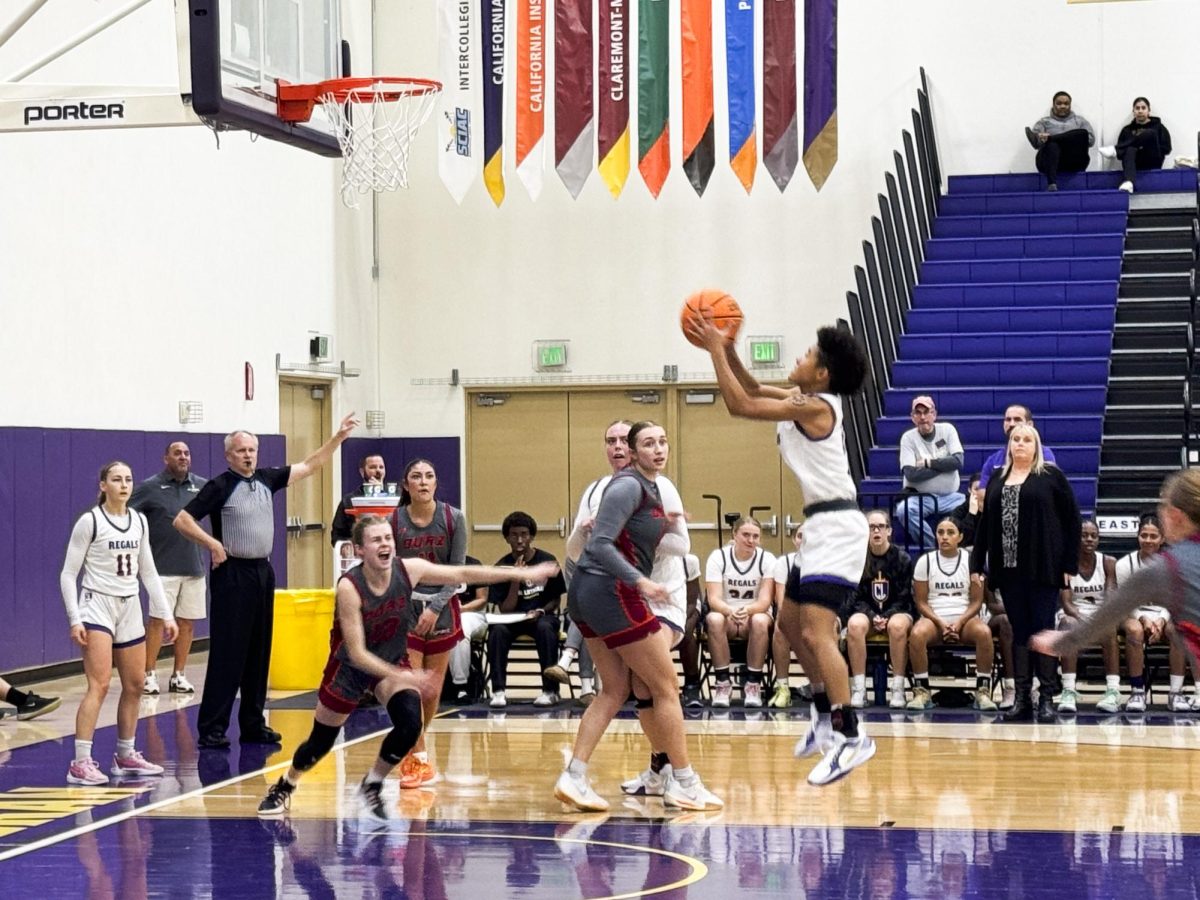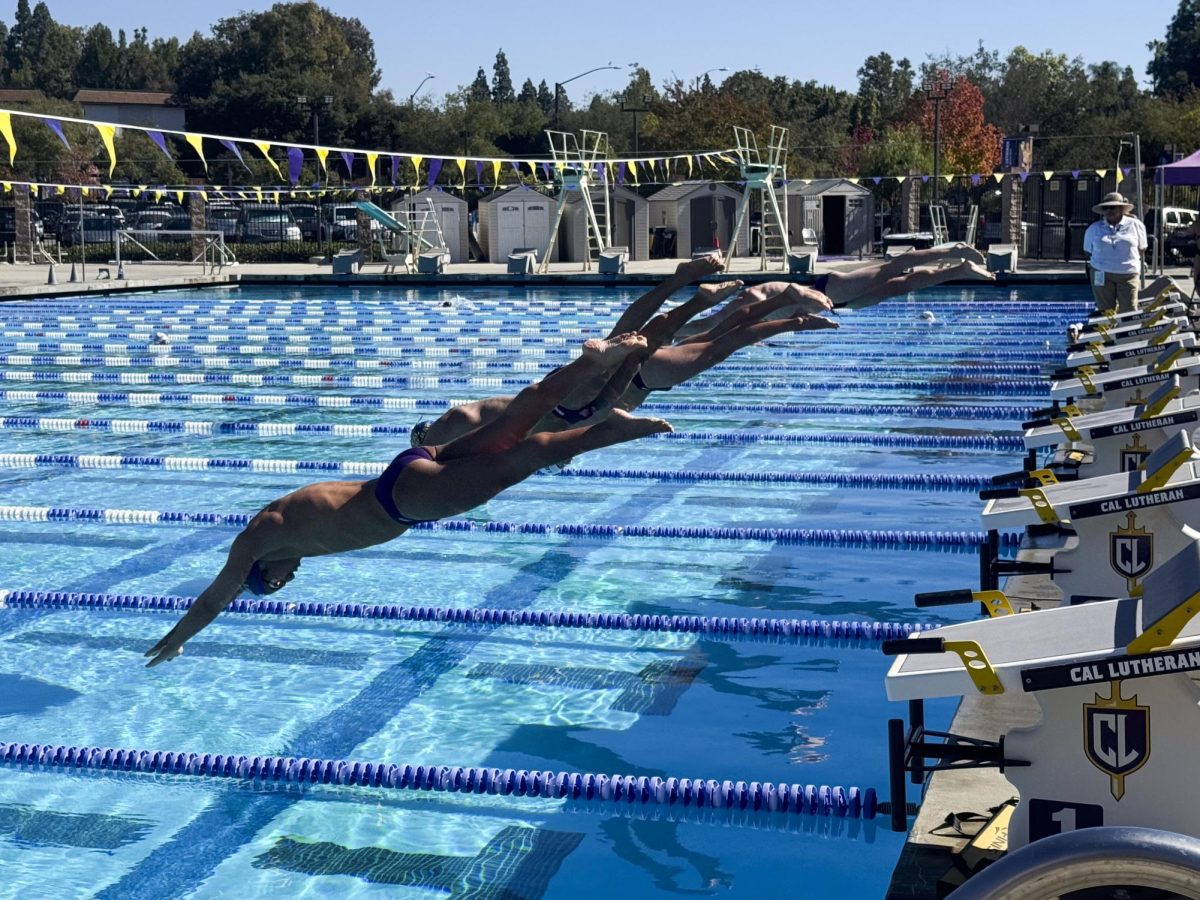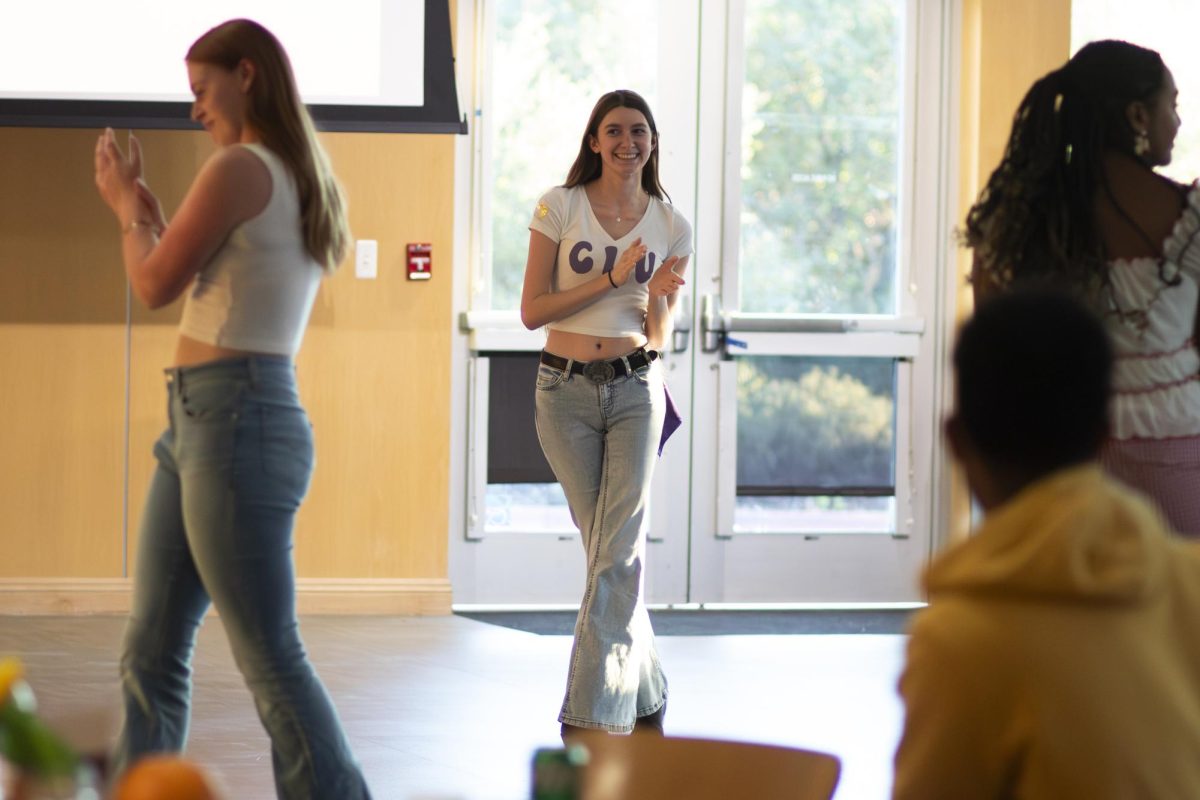There is little to no information regarding California Lutheran University’s stance on its environmental impact. Only information on the university’s Environmental Science and Studies degrees as well as an article about sustainability projects from over a decade ago can be found online. The Echo was also able to find a 2009 Cal Lutheran Sustainability Action Plan, yet no updates or statements have followed since the release of it.
In comparison to Cal Lutheran, both Pepperdine University and Chapman University, two local private institutions, have Offices of Sustainability on their campus – according to their respective websites.
According to the Academic Affairs page on Cal Lutheran’s website, there is a sustainability committee at the university. Associate Professor and Chair of the Earth and Environmental Sciences Department Robert Dull said the sustainability committee has not met since before the COVID-19 pandemic shut down the academic school year in early 2020.
Dull said the sustainability committee became less of a priority during COVID, leaving it to fall by the wayside.
Religion professor Sam Thomas said the sustainability committee was behind Ullman Commons going “trayless,” the addition of refillable water bottle stations in buildings, the creation of the SEEd Garden, and a variety of other sustainability-related projects.
According to Dull, there was an effort to place more emphasis on environmental sustainability and stewardship when the university’s general education requirements were updated from CORE 21 to IDEAS, yet this effort was not included in the final system update.
“Students can go right through this program, they can get a degree from Cal Lutheran without knowing a single thing about environmental sustainability,” said Dull. “I think, in today’s age, and where we are going as a planet and as a country and as a state, people are prioritizing this more and more.”
In a 2009 article released by CLU Magazine, former university president Chris Kimball was quoted saying, “’The university’s greatest impact on the world is the students it sends forth.’” says President Chris Kimball. “’We want everyone who comes here, whether they are studying art or education or finance, to leave with an appreciation for the world’s resources and a vision for how they can contribute to sustainability.’”
“It’s great that we have this baseline of courses and some majors, personally I think every student should be taking a course on environmental ethics, climate change, anything that touches on sustainability,” said Meagan Fung, assistant professor of earth and environmental sciences.
Dull said he was “disappointed” that the sustainability woven model was not adopted by the university.
“I do think our students, a lot of students, but particularly our students, want to solve problems, they want to be part of the solution, and so if we’re not seeing, like, environment and environmental problems as part of the … kinds of problems our students can be solving, then we’re doing them a disservice but also, you know, not really leaning into our mission,” said Thomas.
Thomas said that he believes increased communication throughout the university, sustainability becoming a priority within the presidential office, and a “strong and mobilized” student voice are the missing links for continued improvements in environmental sustainability at Cal Lutheran.
Dull said that there was an accident that had occurred between his students and the university’s gardening staff, which he used as an example of the current lack of communication throughout the varying levels of the institution. Dull and a group of students had done a native plant restoration project on campus, yet he said these plants were “accidentally” cut down by gardening staff.
Thomas said he believes the university’s leadership has not thought deeply enough about the idea that sustainability and resilience are the context in which we do all other work.
“I think where we end up kinda bumping up against, you know, the limits here is the lack of really vocal presidential and/or leadership from the president, provost, and the VP of finance and administration because those are the people who really direct the priorities of the institution,” said Thomas.
Currently there is no information regarding environmental sustainability on the Office of the President’s website. In an interview with The Echo, John A. Nunes, current interim president of Cal Lutheran, said he believes we need to leave the world better than we found it and that he hopes the university’s long-term innovation task force can make environmental sustainability a priority.
“I take it as a theological and spiritual responsibility because I believe that God is the creator of this world and God has given us this world to be caretakers and curators of the planet,” said Nunes. “And we don’t take care of what God has given us, we have not engaged in what I call environmental stewardship.”
During the interview, Nunes agreed to engage in a meeting between students and the faculty members who were a part of the original sustainability committee in hopes of bringing the committee back to fruition.
Dull said that he believes the student body has a voice within the institution and hopes that if students utilize their voice, their desires may be reflected in decisions made by administration.
Thomas emphasized that students being organized in regards to environmental sustainability is what’s important, believing many students are interested, but not organized.
“I feel like I’ve been telling this to students for, you know, 15 years, like you actually have more power at this institution than I do,” Thomas said.
Vanessa Lopez, a junior environmental science major, said the only reason she has heard anything about environmental sustainability on campus is because of her major.
“If I’m an environmental science major and I don’t really hear about it, other majors aren’t really gonna hear about it in general,” Lopez said.
Dull said a potential reason for the lack of growth in the area of environmental sustainability is that sustainable options are not always cheap options.
According to Thomas, the issue of climate change and negative environmental impacts is an issue of morals not just one of money, believing that where an institution allocates its funds reflects its own set of morals.
“The way I tend to look at this is that it’s never only a money problem, the question is always about how you allocate resources,” Thomas said. “How you organize a budget says everything about your priorities and you know I just don’t think the questions around environmental sustainability have been seen as morally urgent, if they were we would allocate resources accordingly.”
For continuing coverage of the development of Cal Lutheran’s sustainability committee and ongoing information regarding sustainability at the institution, visit cluecho.com.

